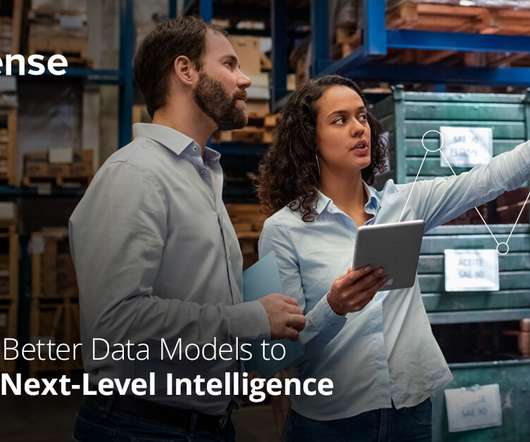Using Artificial Intelligence to Make Sense of IoT Data
BizAcuity
MARCH 1, 2019
IoT is basically an exchange of data or information in a connected or interconnected environment. As IoT devices generate large volumes of data, AI is functionally necessary to make sense of this data. Data is only useful when it is actionable for which it needs to be supplemented with context and creativity.














Let's personalize your content